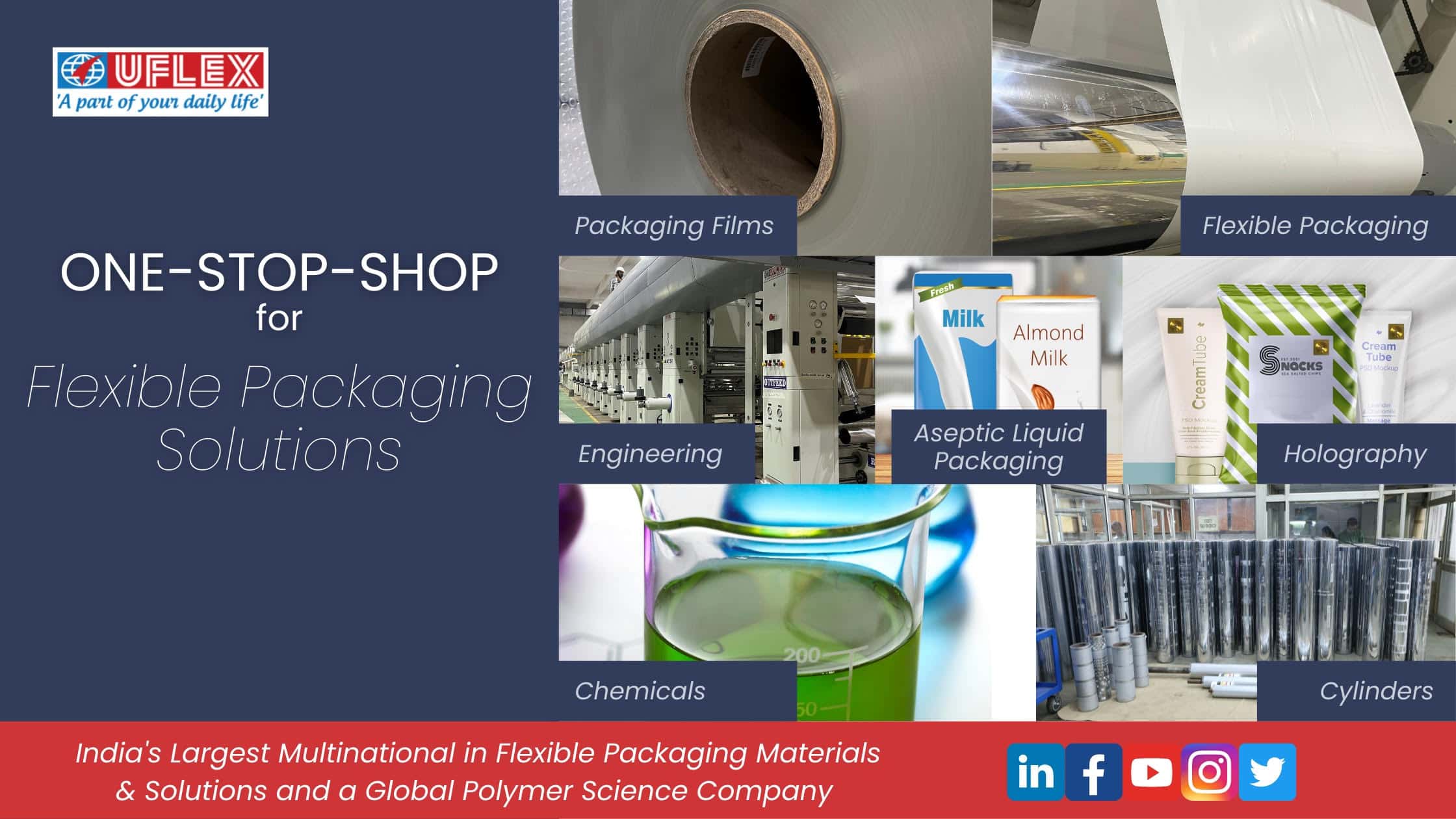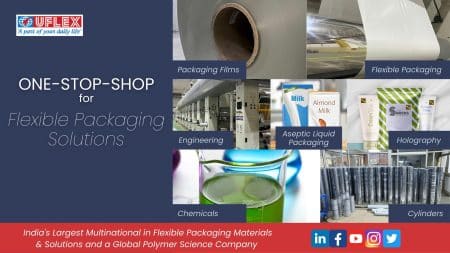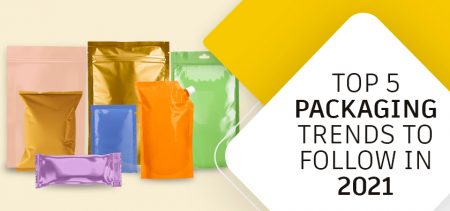Flexible Packaging continues its stellar growth in the industry and topping the popularity charts amongst the manufacturers and consumers alike.
There are several important factors that have contributed to the ever rising popularity of flexible packaging since it first hit the market.
1) Source Reduction
Flexible packaging production requires less materials and less energy than other types of packaging. Being light in weight it adds less weight to the packaged product and has a high product to package ratio. At the time of transportation, the light weight aspect plays a major role in cutting costs and reduction of carbon footprint, thereby being a comparatively sustainable option when compared to rigid packaging. Flexible packaging provides significant reduction in costs; raw materials used and transport costs besides offering several performance advantages over rigid packaging. Use of flexible packaging can significantly minimize package transport costs between the converter, packer/filler, retailer and end user. Not only do flexible packs take up less space when empty as compared to rigid containers, but can also be formed on the spot from roll materials at the filling location, thereby economizing transportation of ready-formed empty packaging. Post consumer waste can be re-processed further contributing to the circular economy.
2) Longer Shelf Life
Materials like BOPET, BOPP, EVOH and PA have been demonstrating high growth owing to their barrier properties. Almost all brands demand packaging that ensures longer shelf life and greater protection for their produce.Protection from contamination and deterioration throughout its shelf life is also an integral part of flexible packaging. Intelligent packaging is designed to be able to detect food contamination and change of color in case the food is not fit for consumption by the consumer. Scientifically, barrier properties play a pivotal role in determining the effectiveness of any pack.
3) Ease in Molding and Designing
This form of packaging provides the liberty to mould it into unique sizes and shapes. The usage of flexible packaging is vast and versatile, unlike other packaging formats that cater to a limited set of products or a niche segment. This form of packaging also enables a printable surface so that brands are able to determine how much of the product to showcase, while maintaining brand impact.
4) Convenient for Consumers
Flexible Packaging happens to be the only source that has a high standard of functionality and sustainability making it perfect for the on-the-go consumers. Flexible packaging today offers a variety of packaging options that has shrink sleeves, re-sealable/ re-closable option, zip pouches, stand up pouches etc which are highly functional and convenient for today’s consumers.
5) Sustainability
Sustainable ideas and environment friendly packaging occupy a mammoth concern for the flexible packaging companies across the world. Much of flexible packaging sustainability comes from the fact that it has reduced materials usage and lighter weight. There is less wastage and less use of energy and water at the manufacturing level.
India’s largest flexible packaging company UFlex Ltd. has been a pioneer in setting benchmarks for delivering innovative packaging concepts that ensure safety and viability of the packaged product through its life cycle.
UFlex offers technologically superior packaging solutions for a wide variety of products such as snack foods, candy and confectionery, sugar, rice & other cereals, beverages, tea & coffee, dessert mixes, noodles, wheat flour, soaps and detergents, shampoos & conditioners, vegetable oil, spices, marinates & pastes, cheese & dairy products, frozen food, sea food, meat, anti-fog, pet food, pharmaceuticals, contraceptives, garden fertilizers and plant nutrients, motor oil and lubricants, automotive and engineering components etc.Some of UFlex clients on the global turf include P&G, Pepsi Co; Tata Global; Mondelez, L’ Oreal, Britannia, Haldiram’s, Amul, Kimberly Clark, Ferro Rocher, Perfetti, GSK, Nestle, Agrotech Foods, Coca Cola, Wrigley, Johnson & Johnson among others.




